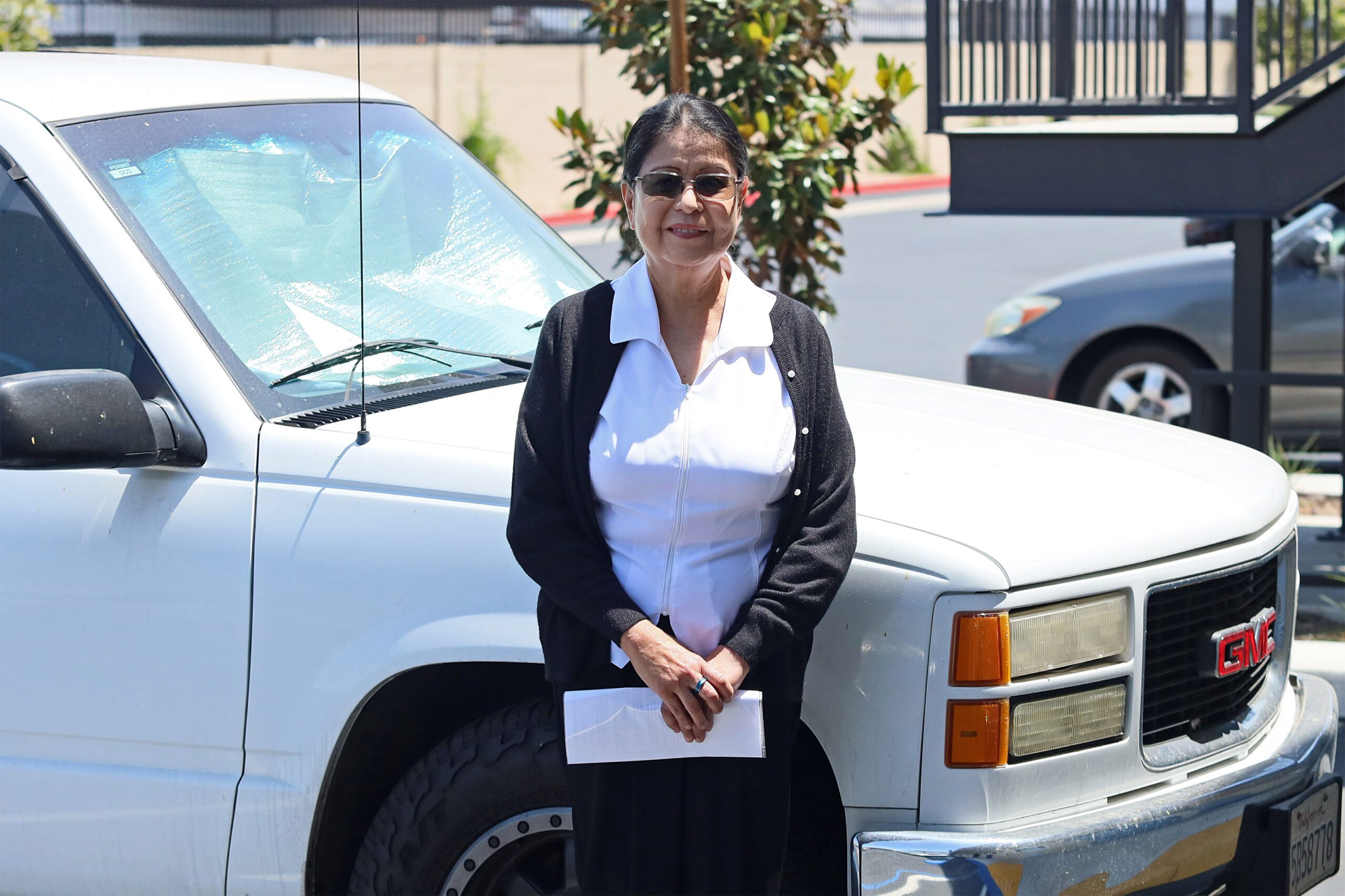When you feel guilty, it can be challenging to think about anything else. Much of the time, guilt is related to unresolved issues with yourself. Many people obsess about what they could have done in a given situation rather than accepting the outcome. The trouble with guilt is that it can stagnate a person’s emotional development. The reason for this is that they have difficulty moving on from various situations that they want to control. You can’t help feeling guilty; however, you can acknowledge the emotion and find productive ways to move forward. Here are some reasons that guilt holds us back and what we can do about it.
Why do I feel guilty much of the time?

There are many reasons you might experience guilt. You could have some unresolved feelings about a situation that happened in your life. Maybe you hurt someone and regret the way you handled a situation. You can’t stop thinking about how your behavior impacted them, and you feel an enormous sense of guilt. If you’re unsure why you feel guilty, it can help to read about the topic for clarity. You can find some interesting articles about guilt on BetterHelp. Sometimes it’s hard to let go of past mistakes. Other times guilt can be the result of a mental health condition. Here are some mental health issues that cause chronic guilt:
Depression – When a person feels depressed, they’re down on themselves and their actions. They may obsess about the things they feel they did “wrong.” The overwhelming guilt they feel can lead them to believe something negative about their character and result in feelings of hopelessness.
OCD – Obsessive Compulsive Disorder often comes with guilty feelings. People who have OCD may experience intrusive thoughts. Some of these ideas going through their mind can be disturbing or upsetting. Even though they didn’t choose to have these thoughts, they may feel guilty about them.
Anxiety – People who have chronic anxiety often worry about things that are out of their control. An anxious individual could obsess about the worst-case scenario. If something negative happens, they might assume responsibility because they want to control the situation. They might feel guilty because they’re constantly convinced they said or did something wrong.
If you struggle with any of the above conditions, it’s essential to understand that you’re not causing these guilty feelings. You have a mental health issue that creates overwhelming sensations of guilt. However, just because you feel guilty doesn’t mean you’re stuck in this pattern. There are ways to cope with guilt, no matter what the cause may be.
How to handle the guilt
One of the challenges with guilt is that it keeps us stuck in a pattern of maladaptive thinking. When you feel guilty, you’re stuck. You believe that you said or did something wrong, and there’s nothing you can do to fix it. You can curb those thoughts by taking action.
When you feel guilty, here are some questions to ask yourself:
- What is my responsibility in this situation?
- Is there anything I could have done differently?
- Is there any action I can take to remedy the situation?
After you’ve answered these three questions, you will have a better understanding of why you feel guilty, and you’ll know if there’s anything you can do to alleviate that guilt. Next, it’s time to take action.
Take action to combat guilt
Guilt can stagnate you because you’re stuck in your head. It’s easy to sink into an obsessional way of thinking. You’re probably worried that you did something wrong. Your mind likely tells you that there’s nothing you can do to fix the situation. However, that may not be true. After you’ve answered the questions above, you could discover that there’s something you can do to resolve your guilty feelings. Perhaps you got angry at a friend and said some hurtful things. You feel guilty and ashamed and are down on yourself. Instead of ruminating in the guilt, here’s an action you can take: call your friend and apologize for what you said. You can’t control their reaction, but you can make an effort to remedy the situation by offering a humble apology. After you’ve spoken with your friend, hopefully, those guilty feelings will be a little less intense.
Discuss your guilt in therapy
If you’re struggling with excessive guilt, it could help to talk about it in therapy. It’s okay to admit that guilty feelings are bringing you down. A therapist can support you in defining the source of your guilt and working through it. Mental health professionals can provide coping strategies to manage guilt better. You can’t control when you feel guilty, but you can find ways to talk back to that regretful voice in your mind. Here’s an action you can take when you’re feeling this way: reach out to a therapist for help. If anything, you’ll feel relieved that you’re taking a step toward resolving these guilty feelings.

Photo Credit: iStock
The post Guilt Can Stagnate Emotional Growth appeared first on The Good Men Project.
Original Article










